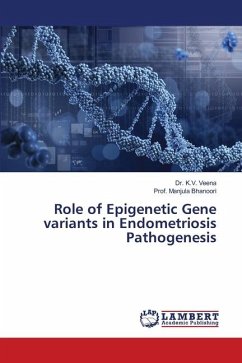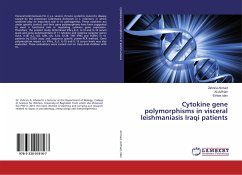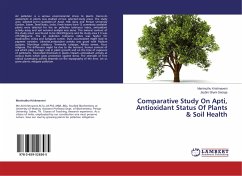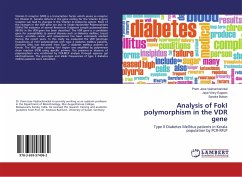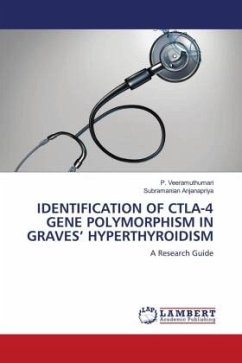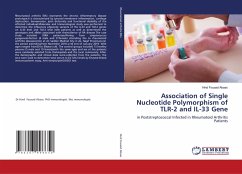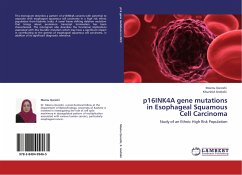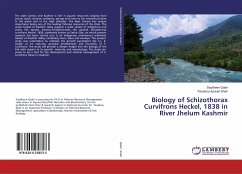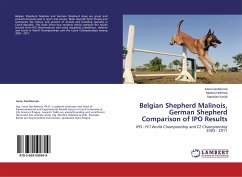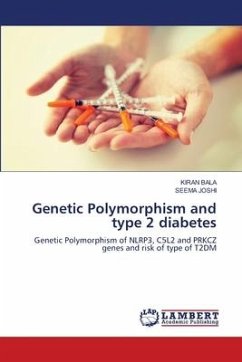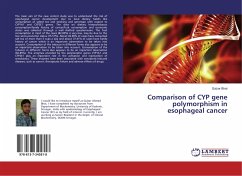
Comparison of CYP gene polymorphism in esophageal cancer
Versandkostenfrei!
Versandfertig in 6-10 Tagen
24,99 €
inkl. MwSt.

PAYBACK Punkte
12 °P sammeln!
The main aim of the case control study was to understand the risk of esophageal cancer development due to local dietary habits like consumption of salted tea and smoking and genotype with respect to CYP1A1 and CYP2E1 genes. The data on dietary history/tobacco consumption/family history of cancer/fruit consumption and economic status was collected through a well drafted questionnaire. The fruit consumption in most of the cases (82.85%) is very low, may be due to the low socio-economic status (75.51%). About 82.85% of cases have consumed salt tea of more than 5 cups a day and about 37.41% of cas...
The main aim of the case control study was to understand the risk of esophageal cancer development due to local dietary habits like consumption of salted tea and smoking and genotype with respect to CYP1A1 and CYP2E1 genes. The data on dietary history/tobacco consumption/family history of cancer/fruit consumption and economic status was collected through a well drafted questionnaire. The fruit consumption in most of the cases (82.85%) is very low, may be due to the low socio-economic status (75.51%). About 82.85% of cases have consumed salt tea of more than 5 cups a day and about 37.41% of cases have family history of cancer which is an important observation to be taken into account. Consumption of the tobacco in different forms also appears to be an important observation to be taken into account. Consumption of the tobacco in different forms also appears to be an important observation (82.85%). The enzymes encoded by the polymorphic genes CYP1A1 and CYP2E1 play an important rolein the activation and inactivation of xenobiotics. These enzymes have been associated with xenobiotic-induced diseases, such as cancer, therapeutic failure and adverse effects of drugs.



